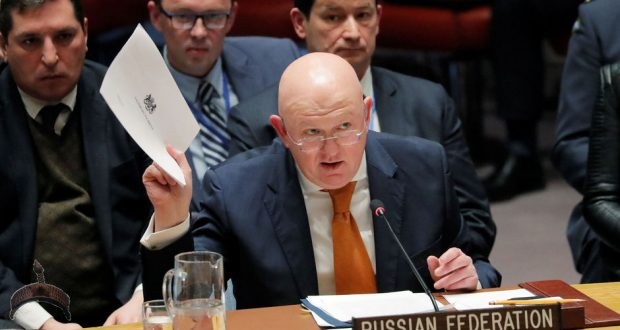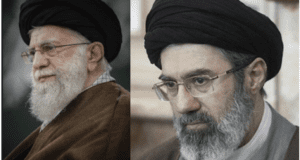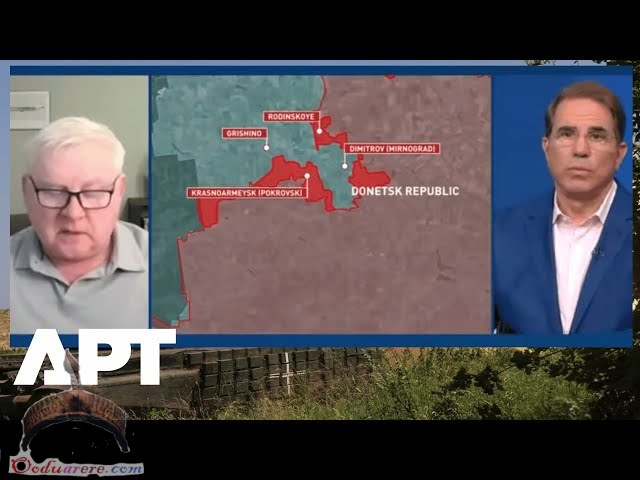In 2017, the UN Security Council (UNSC) imposed sanctions on Mali in response to the security situation and continued hostilities in the country in violation of the Agreement on Peace and Reconciliation in Mali. The UNSC sanctions regime consisted of a travel ban and an assets freeze for individuals and entities designated by a sanctions committee.
Russia vetoed the UN Security Council draft resolution, co-authored by France and the United Arab Emirates (UAE), to extend the sanctions regime on Mali.
“Based on these considerations, the Russian Federation is not in a position to support this draft resolution, we would urge our [Security] Council colleagues to demonstrate wisdom and pragmatism and to support our alternative residual resolution because it takes into consideration the African countries’ view,” Russian Ambassador to the United Nations Vassily Nebenzia said on Wednesday evening.
The draft resolution provided for the extension of the sanctions regime, introduced in 2017, for one year – until August 31, 2024.
In addition, the draft resolution proposed extending until September 30, 2024 the operation of the group of UN Security Council Sanctions Committee experts, who have monitored the implementation of the sanctions and determined which persons would be sanctioned.
The sanctions have included asset freezes and travel bans on those identified by the Sanctions Committee experts as impeding implementation of the 2015 peace agreement.
Russia prepared an alternative draft resolution calling for extending the sanctions for the last time until August 31, 2024 and proposing to immediately disband the group of experts. Russia’s draft was not adopted because it did not receive the needed number of votes for it to pass.
 Ọmọ Oòduà Naija Gist | News From Nigeria | Entertainment gist Nigeria|Networking|News.. Visit for Nigeria breaking news , Nigerian Movies , Naija music , Jobs In Nigeria , Naija News , Nollywood, Gist and more
Ọmọ Oòduà Naija Gist | News From Nigeria | Entertainment gist Nigeria|Networking|News.. Visit for Nigeria breaking news , Nigerian Movies , Naija music , Jobs In Nigeria , Naija News , Nollywood, Gist and more









